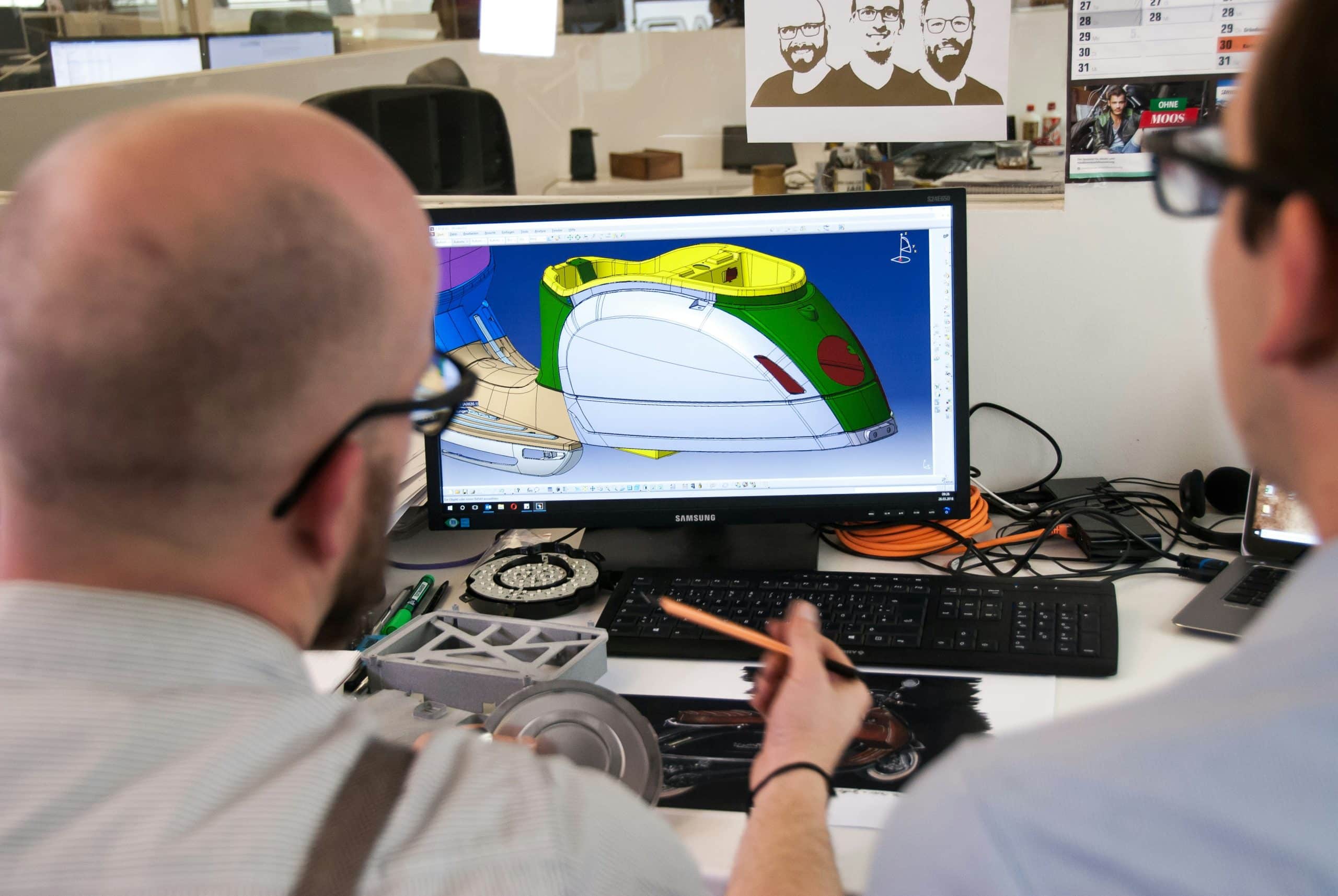Related Resources
Staying ahead of industry trends is critical in the rapidly evolving textile sector, and MS Fabric is at the forefront of this transformation. With advancements in smart textiles, sustainable materials, and digital manufacturing techniques, the future of textile technology promises to be both innovative and eco-friendly. MS Fabric is enabling designers and manufacturers to integrate these cutting-edge technologies into their workflows effortlessly.
Smart Textiles and Wearable Technology
Smart textiles are revolutionizing the way we think about fabrics. These textiles can incorporate sensors, LEDs, and other electronic components to create garments that respond to environmental stimuli, monitor health metrics, or even change colour. MS Fabric supports the design and integration of smart textiles by providing tools that allow for the easy incorporation of electronic components into fabric designs. This capability is essential for creating the next generation of wearable technology.
Sustainable and Eco-Friendly Materials
The push towards sustainability in textile production is stronger than ever. Eco-friendly materials such as recycled fibres, organic cotton, and biodegradable textiles are gaining prominence. MS Fabric is committed to supporting sustainable practices by offering features that help designers track the environmental impact of their material choices. The integration with Office 365’s data analysis tools allows for enhanced tracking and reporting of sustainability metrics, ensuring that projects align with eco-friendly goals.
Digital Manufacturing and Customization
Digital manufacturing technologies such as 3D printing and computer-aided design (CAD) are transforming the textile industry by enabling customization and reducing waste. MS Fabric’s robust digital tools facilitate the seamless integration of these technologies into the design process. By leveraging MS Fabric’s advanced design features, designers can easily create detailed digital models and prototypes that can be directly translated into finished products through digital manufacturing methods.
Enhanced Data Analytics for Improved Decision Making
Data analytics is becoming an indispensable tool for textile designers and manufacturers. By integrating MS Fabric with Office 365’s analytical solutions like Power BI, users can gain deep insights into their design processes, production efficiency, and market trends. These data-driven insights enable more informed decision-making, helping companies stay competitive in the fast-paced textile industry.
Real-Time Collaboration and Remote Work
The global shift towards remote work has accelerated the need for robust collaboration tools. MS Fabric, integrated with Office 365, provides a cohesive platform for real-time collaboration, allowing teams to work together seamlessly regardless of their physical location. This remote collaboration capability is essential for maintaining productivity and fostering innovation in the textile industry.
Conclusion
By embracing these future trends in textile technology and leveraging the advanced features of MS Fabric, designers and manufacturers can stay ahead of the curve. Whether it’s incorporating smart textiles, focusing on sustainability, adopting digital manufacturing methods, utilizing data analytics, or enhancing real-time collaboration, MS Fabric provides the tools needed to navigate and thrive in the evolving textile landscape. Stay informed, stay innovative, and let MS Fabric guide you into the future of textile technology.







